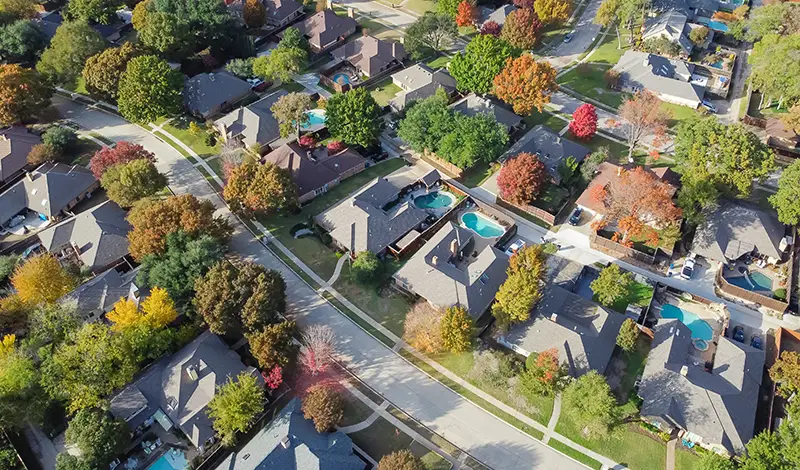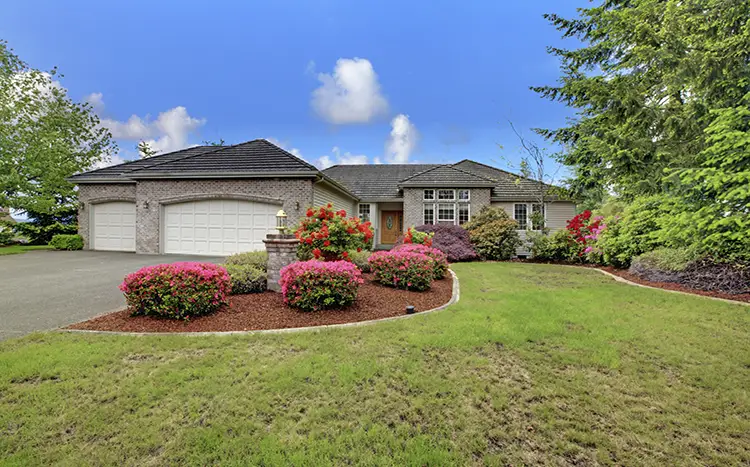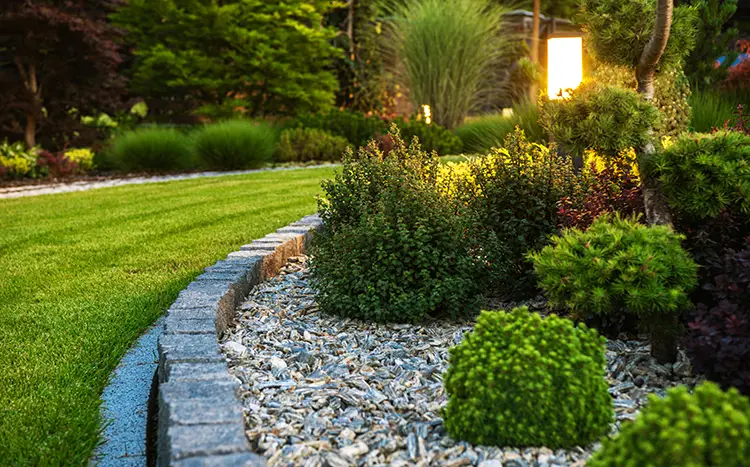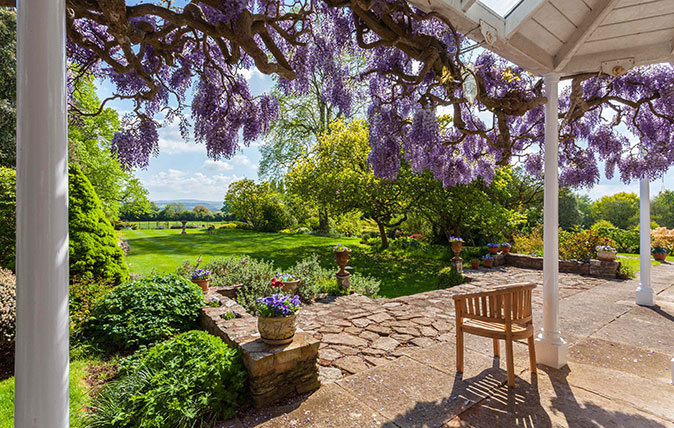Surprising Factors That Can Boost or Bust Your Property Value
Published on August 29, 2024 | 7 Minute read

Melanie
Ortiz Reyes
Content Specialist
When you think about property value, what comes to mind? Location, square footage, and the number of bedrooms and bathrooms probably top the list. While these are undeniably important, they’re just the tip of the iceberg. The reality is that your property’s value can be influenced by a myriad of factors, some of which may surprise you. Whether you’re planning to sell your home soon or just want to maximize your investment, understanding these unexpected influencers can give you an edge in the real estate market.

1. Your Neighborhood’s Reputation
We all know the mantra: location, location, location. But within that location, the reputation of your specific neighborhood can have a major impact on your property’s value. It’s not just about being close to good schools or having a low crime rate; it’s also about how the neighborhood is perceived.
Is your neighborhood seen as up-and-coming or on the decline? Are the homes around you well-maintained, or are they starting to look a bit run down? The local gossip and reputation can sway potential buyers and, in turn, affect your home’s value. Even small changes, like a new park opening or a trendy restaurant moving in, can shift perceptions and property values.
2. Proximity to Certain Businesses
While being close to amenities like grocery stores, cafes, and public transportation can boost your property value, certain types of businesses can have the opposite effect. For example, being too close to a landfill, industrial facility, or even a popular bar can turn potential buyers away.
Noise, odors, and the perception of decreased air quality or safety are big deterrents. On the other hand, being near a reputable daycare center, a high-end grocery store, or a well-known fitness center can add appeal to your home. It’s all about the balance between convenience and comfort.

3. The Power of Curb Appeal
You might think that what’s inside your home matters most, but the outside can be just as important. Curb appeal isn’t just about having a nice lawn; it’s about the overall first impression your home makes.
Does your home look inviting, well-kept, and stylish? A fresh coat of paint, well-maintained landscaping, and even something as simple as a new mailbox or front door can make a huge difference. In contrast, overgrown lawns, chipped paint, and outdated fixtures can make your property feel tired, lowering its perceived value before potential buyers even step inside.
4. Your Home’s History
Believe it or not, your home’s past can influence its value today. A house with a history, whether it’s a charming story, like being the first home built in a historic neighborhood, or a less positive tale, like being the site of a tragedy, can affect how buyers view it.
For example, homes with a quirky or famous past might attract buyers looking for something unique, which can drive up the price. On the flip side, a home with a dark history could be a hard sell. In some cases, local disclosure laws may require you to share this information with potential buyers, so it’s worth knowing how your home’s history could impact its value.

5. The Landscaping
Landscaping does more than just make your yard look nice. It can significantly impact your property’s value. Well-designed landscaping that includes trees, flowers, and thoughtful placement of plants can add as much as 10-15% to your home’s value.
Mature trees, in particular, are a big plus. They provide shade, reduce energy costs, and add a sense of stability and longevity to the property. However, poor landscaping choices, like invasive plant species, neglected lawns, or large trees too close to the house, can have the opposite effect. In some cases, bad landscaping can even decrease your property’s value.
6. Home Improvements That Didn’t Age Well
Home improvements are usually made with the intention of increasing your property’s value, but sometimes they can backfire. Trends come and go, and what was considered stylish ten years ago might now seem outdated or even undesirable.
Take, for instance, overly personalized renovations like a custom entertainment room that’s only set up for a very specific use, or an extravagant bathroom remodel that doesn’t align with the rest of the home. These changes might appeal to you, but they could turn off potential buyers who would rather have a blank slate to make their own.

7. The School District
Whether or not you have kids, the quality of the local school district can play a major role in your property’s value. Homes in well-regarded school districts often sell for a premium, as families are willing to pay more to ensure their children get a good education.
Even if you don’t plan on using the local schools, it’s worth considering how the district’s reputation could affect your home’s value. This is especially true if you’re planning to sell in the future. Homes in top-rated districts tend to hold their value better over time, making them a safer investment.
8. Energy Efficiency
As more and more people become environmentally conscious, energy efficiency is becoming a bigger factor in property value. Homes with energy-efficient features, such as solar panels, energy-efficient windows, and high-quality insulation, are not only cheaper to run but also more attractive to buyers.
In some cases, these features can even qualify your home for green certifications, which can further boost its value. However, it’s important to strike a balance. Over-investing in green technology that isn’t widely desired in your area might not yield a high return.

9. The View
A great view can add significant value to your property. Whether it’s a sweeping vista of mountains, water, or city lights, buyers are often willing to pay more for a home with a stunning view.
Conversely, an undesirable view, like one of a busy highway, a parking lot, or a neighboring building’s brick wall, can drag your property’s value down. If you’re considering a home improvement project, think about how it might enhance or detract from the view. Sometimes, something as simple as adding a few trees for privacy or removing an old fence can make a big difference.
10. Market Trends
Finally, it’s important to remember that property values are heavily influenced by broader market trends. These can include everything from the current state of the economy to local housing supply and demand, interest rates, and even changes in tax laws.
While you can’t control these factors, being aware of them can help you make informed decisions about when to buy, sell, or make improvements. For example, in a seller’s market, where demand is high and supply is low, you might get top dollar for your home, even if it has a few quirks. Conversely, in a buyer’s market, you might need to invest more in upgrades to make your property stand out.
Property value is influenced by an intricate web of factors, some obvious, some surprising. While you can’t control everything, being aware of these unexpected influences can help you make smarter decisions about how to maintain and improve your home’s value. Whether you’re thinking about selling soon or just want to ensure your investment grows over time, it pays to look beyond the basics. Sometimes, the little things you might overlook could end up making a big difference in your property’s worth.